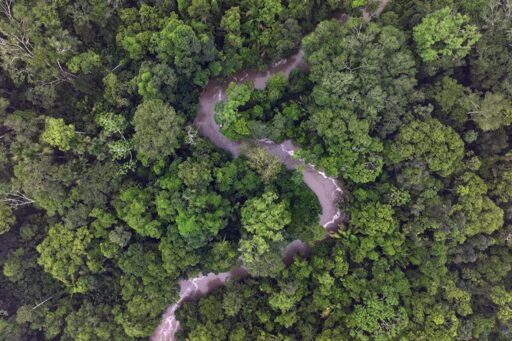Reforestation has long been viewed as one of the more hopeful climate interventions: a process that can, in theory, restore degraded landscapes, absorb carbon dioxide, and support biodiversity. But as sociologist Thomas Rudel makes clear, the return of forests is rarely a passive process. His decades of research highlight a more complex truth—one in which reforestation is shaped not only by ecological conditions, but by economic shifts, social movements, and, crucially, the actions and choices of people on the ground. Rudel’s interest in forest change dates back to the late 1960s, when he served in the Peace Corps in Ecuador’s Amazon region. There, as a young volunteer assisting with land measurement and community-building efforts, he witnessed firsthand how forests were being cleared to make way for new settlements. The experience would go on to shape the trajectory of his academic career. After earning his doctorate, Rudel began conducting fieldwork with colonists and Indigenous communities in Ecuador, tracing both the causes of deforestation and the conditions that allow forests to regrow. His latest book, Reforesting the Earth: The Human Dimensions of Reforestation, draws on that lifetime of scholarship. It focuses not just on ecological recovery, but on the political and social factors that determine whether reforestation takes root—and lasts. Natural climate solutions, Rudel argues, hold enormous promise, but only if they account for the lived realities of small farmers, Indigenous communities, and the institutions that govern land use. Tree planting effort in India. Photo by Rhett Ayers Butler. In a recent…This article was originally published on Mongabay
From Conservation news via this RSS feed


